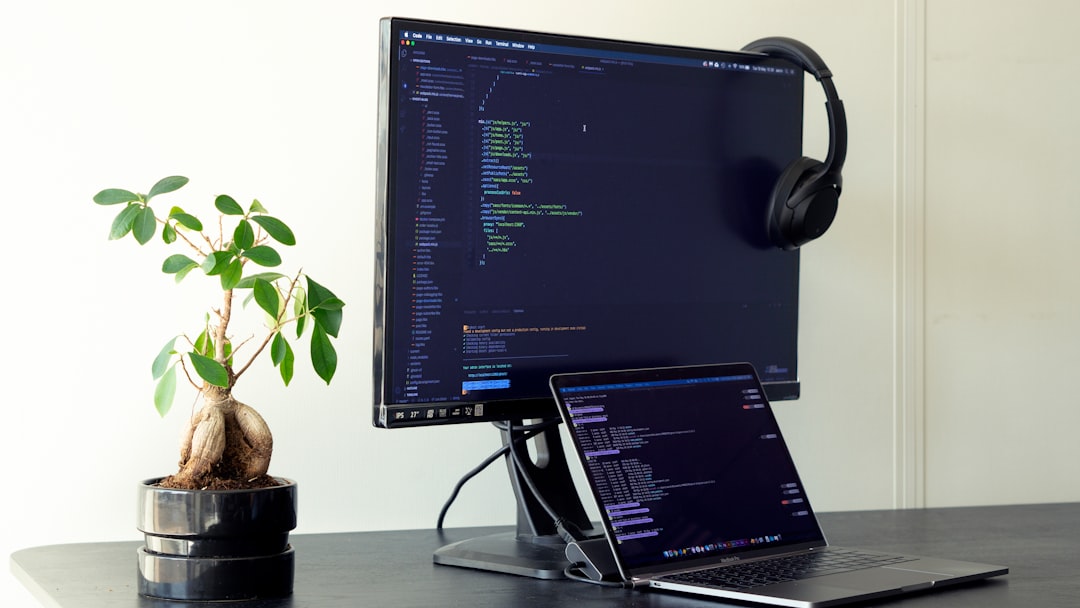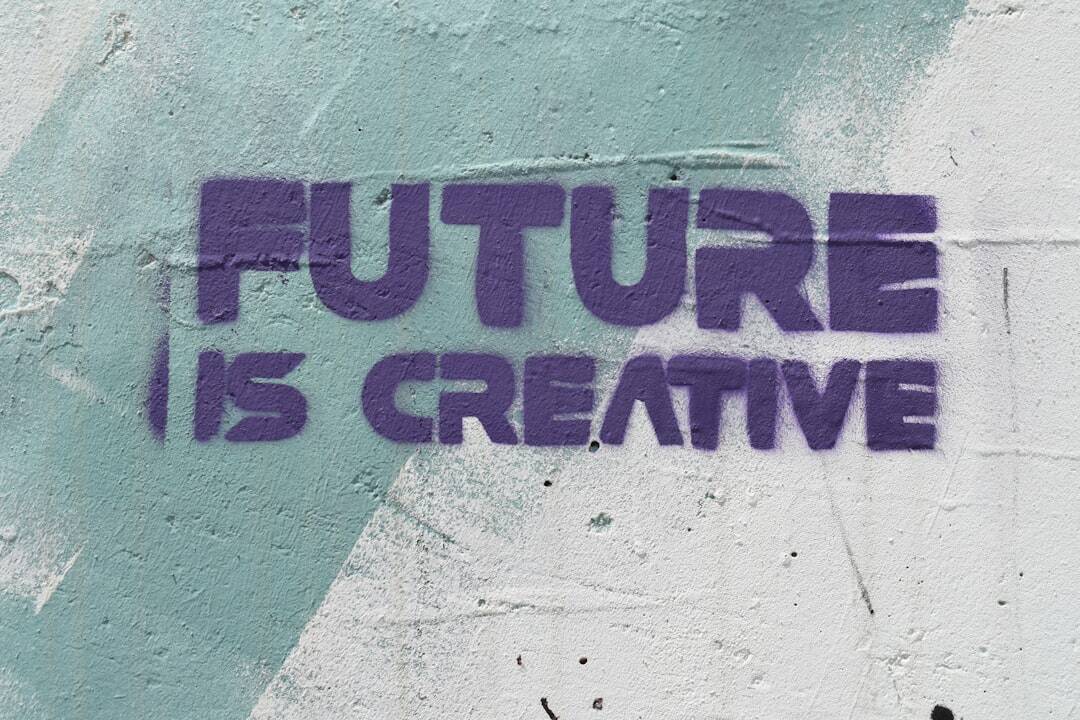With the rise of powerful generative AI models, many artists, writers, photographers, and other creatives are increasingly concerned about how their work may be used without their consent. AI platforms often require vast datasets for training, and many have sourced their data from the internet, sometimes pulling from publicly available creative works. If you’re a creator trying to protect your original content from being scraped or used for AI training, there are several key strategies to consider.
Why Protection Matters
Generative AI models learn by analyzing vast quantities of existing content. This may include art, literature, music, photography, and design. If a creator’s work is used in this training process, there’s potential for:
- Unlicensed use — Your work might be part of a model’s training data without your permission.
- Derivative content — AI can generate outputs that closely resemble or are inspired by your work without credit or compensation.
- Loss of control — Once your work enters a training model, its traces may persist forever without recourse.
Protecting your work is not only about controlling its use but also defending your rights, reputation, and livelihood.

Strategies to Protect Your Creative Work
1. Use Copyright Notices and Watermarks
Including a visible copyright notice or watermark on your images, designs, and documents reminds users — human and machine — that the content is protected. It may not stop scrapers but adds legal weight should you need to take enforcement action.
2. Leverage Web Tools Like Robots.txt and NoAI Meta Tags
Some platforms like OpenAI and Common Crawl respect web instructions embedded in a site’s robots.txt file or HTML metadata. Creators can add:
User-agent: *— Prevents all scraping
Disallow: /<meta name="robots" content="noai">— Informs scrapers not to use content for AI training
These methods are not foolproof, as not all bots comply, but they add a technical layer of protection.
3. Opt Out of Data Sets
Some major organizations offer ways to opt out of having work included in AI training. For example, HaveIBeenTrained.com allows you to search datasets to see if your work has been included. If so, you can submit a takedown request.
4. Avoid Hosting Work on Open Platforms
Many AI models source training data from websites that host open or public content. Avoid uploading your creative work to services that don’t explicitly prohibit data scraping. Instead, use platforms that support copyright enforcement and implement AI protection policies.
5. License Work Clearly
A clear license, such as Creative Commons with a No Derivatives or NonCommercial clause, makes it clear how your work can be used. Some creators explore customized licenses that explicitly prohibit machine learning uses.

Long-Term Solutions and Legislation
Advocacy for clearer copyright laws related to AI training is gaining momentum. Several countries are examining how AI intersects with intellectual property rights. Supporting organizations that lobby for creators’ rights, such as the Authors Guild or Creative Commons, can drive systemic change.
New laws may eventually require AI companies to be transparent about their data sources and grant stronger opt-out mechanisms. Until then, creators need to be proactive using the tools at their disposal.
Conclusion
AI poses unique challenges to creative ownership, but by combining copyright strategy, technical barriers, ethical licensing, and advocacy, creators can push back. The key lies in awareness and proactive measures. While protection may never be perfect, every layer strengthens a creator’s ability to maintain control over their intellectual property.
FAQ: Protecting Creative Work from AI Training
- Can I stop AI from using my work entirely?
No method is fully guaranteed, but using metadata rules, licenses, and limiting public exposure greatly reduces the chances. - Is there a way to check if my art was used in training?
Yes. Try tools like HaveIBeenTrained.com or explore transparency reports published by AI companies. - What if I find my work in an AI dataset?
You can issue a DMCA takedown or use provided opt-out tools if the AI company supports them. - Do Creative Commons licenses protect my work from AI?
Some versions help (e.g., NonCommercial), but you should specify AI usage restrictions directly. - Should I stop sharing online altogether?
Not necessarily. Instead, share carefully, use protective tools, and support trusted platforms and communities that value creator rights.